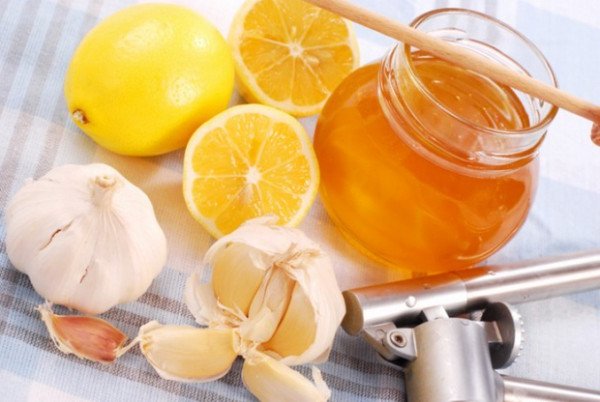This natural antibiotic is beneficial, quick and cheap to make, and it also has no side effects or consequences that usually occur after using some antibiotics.
Most of us are aware that antibiotics are powerful drugs that fight bacteria-related infections with harmful side effects. Unfortunately, in today’s society of pill taking, we use too many antibiotics with an increasing danger of antibiotic resistance. The problem is further compounded with antibiotics found in factory foods like, dairy and meat products.
Nature has an effective yet a safe answer to bacterial infections through a variety of phytochemicals from different plant parts. These have been used for many centuries in traditional medicine system for a treatment of a variety of conditions.
Natural antibiotics act in a unique mechanism – in addition to its bactericidal action. They stimulate the immune system, exhibit anti-inflammatory and anti-septic properties which inhibit the growth of bacteria as well as scavenge them.
As scientists look for less destructive solutions to our internal ecosystems, there is significant interest in studying the natural antibiotic properties in certain foods and herbals.
Ingredients:
1 garlic clove
2 tbsp honey
2 tbsp ginger powder
1/2 tbsp ground chili peppers
1/2 tbsp cinnamon
3.3 oz (1 dl) fresh lemon juice
Preparation:
Add crushed garlic, ginger powder, chili powder, and cinnamon to the lemon juice. Mix all the ingredients and add honey last.
Let the syrup rest for 3 hours on a room temperature. Keep the syrup in a closed glass container and store it in the fridge.
How To Use It:
Every morning before eating anything, take 1 tablespoon of the syrup to strengthen your immune system. If you already have a cold, take 1 tablespoon of the syrup, three times a day before eating anything.
Why this works:
Honey: Honey as a food has natural anti-inflammatory activity, but not all honeys are created equal. Manuka honey from New Zealand contains other actives like methylglyoxal (MG). MG is thought to give manuka honey its antibacterial properties. Manuka is best for treating wounds, however this is medical-grade honey, which is sterilized and packaged as a wound dressing.
Garlis: There are plenty of studies that demonstrate the powerful antibacterial effect of garlic. One study showed that natural spices of garlic exhibited potent anti-bacterial effect. According to the researchers of this study garlic showed effect on multi-drug pathogens and can be used for treating drug-resistant microbial diseases.
For effective antibiotic effects, garlic needs to be crushed, exposed to air for few minutes and consumed raw. If using a supplement, consume a garlic extract with at least 1.3% alliin at a dose of 600 – 1200 mg per day.
Ginger: The active components in ginger gingerols, zingerone and shogaol are linked to its anti-bacterial effects. Additionally it is also a potent anti-inflammatory agent and used in Ayurvedic system of medicine as a pain reliever. Ginger is a fantastic therapeutic food that can be included in daily diet as part of a menu. As little as 2 – 3” of ginger added to a dish shredded, crushed or cooked will take care of the daily needs.
With antibiotic resistance on the rise at an alarming rate, it seems wise to turn to natural and healthier alternative for fighting bacterial infections. It is also important to remember that we need to consume organic, natural and antibiotic-free products for improving overall health and make a conscious effort to avoid unnecessary ingestion of antibiotics – which can damage our digestive system and immune function.













